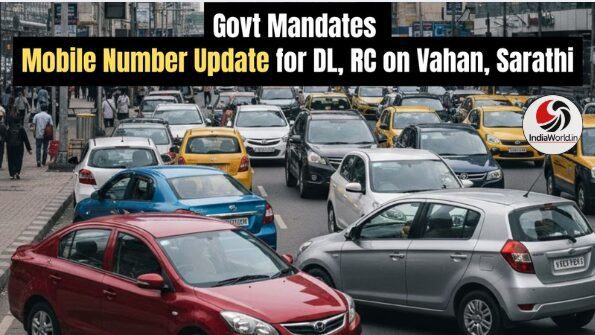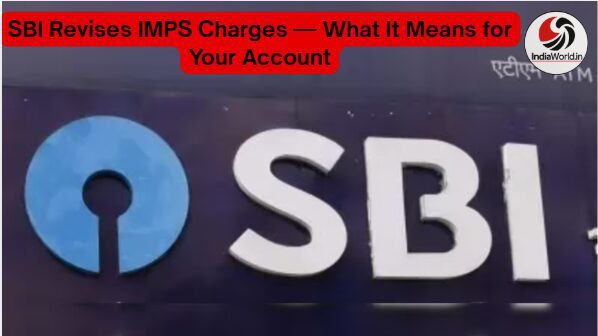Bangladesh Demands Hasina’s Return: India’s Tough Call on Death Sentence
Bangladesh’s interim government has ramped up pressure on India to extradite former Prime Minister Sheikh Hasina after a tribunal slapped her with a death sentence for crimes against humanity. The verdict, handed down on November 17, 2025, stems from the deadly 2024 student protests that toppled her regime. Now, with Dhaka citing a bilateral extradition treaty, New Delhi faces a diplomatic tightrope. Will India hand her over, or stand firm on protecting a long-time ally? This unfolding drama could reshape South Asian ties.
The Verdict That Rocked Dhaka: Hasina Fall from Grace
Picture this: A packed courtroom in Dhaka erupts in cheers and tears. On November 17, 2025, Bangladesh’s International Crimes Tribunal (ICT) drops a bombshell. Former Prime Minister Sheikh Hasina, once the iron-fisted leader of a booming nation, gets sentenced to death in absentia. The charges? Crimes against humanity during the brutal 2024 student uprising that ended her 15-year rule.
But why now? And why so explosive? Let’s rewind. In July 2024, what started as protests over job quotas snowballed into a nationwide revolt. Students took to the streets, demanding an end to Hasina’s alleged authoritarian grip. Security forces cracked down hard. The UN estimates up to 1,400 deaths – many shot in the head by police and even helicopters. Families still grieve. Witnesses testified for months, painting a grim picture of incitement, ordered killings, and ignored atrocities.
The tribunal, a court Hasina herself set up in 2010 for 1971 war crimes, turned the tables. It convicted her on three counts: inciting violence, directing murders, and failing to stop the carnage. Her former home minister, Asaduzzaman Khan Kamal, and ex-police chief Chowdhury Abdullah Al-Mamun faced the same fate – death by hanging. “This is historic justice,” said Chief Prosecutor Mohammad Tajul Islam. But Hasina? She’s not in Dhaka. She’s in India, safe in a Delhi safehouse, under full security.
Hasina fired back from exile. In a fiery statement, she slammed the court as a “rigged tribunal” run by an “unelected government with no democratic mandate.” She called it a witch hunt to crush her Awami League party. Her son, Sajeeb Wazed, echoed the rage: “This is a foregone conclusion by extremists.” Supporters rallied, but Dhaka’s streets buzzed with celebration too. Sweets distributed at universities. Families of victims wept in relief. Yet, violence loomed – police clashed with protesters near Hasina’s ancestral home, her father Sheikh Mujibur Rahman’s demolished residence.
Transitioning smoothly, this isn’t just a legal win for Dhaka. It’s a political earthquake. With elections slated for February 2026, interim leader Muhammad Yunus – the Nobel laureate who stepped in post-uprising – hails it as a “step toward rebuilding trust.” But critics whisper: Is this revenge, or real accountability? The Awami League, banned from polls, warns of unrest if sidelined. Bangladesh, once a rising star with 8% GDP growth under Hasina, now grapples with instability. Over 1,000 cases pending against her allies. The economy? Stuttering at 5.5% growth amid floods and uncertainty.
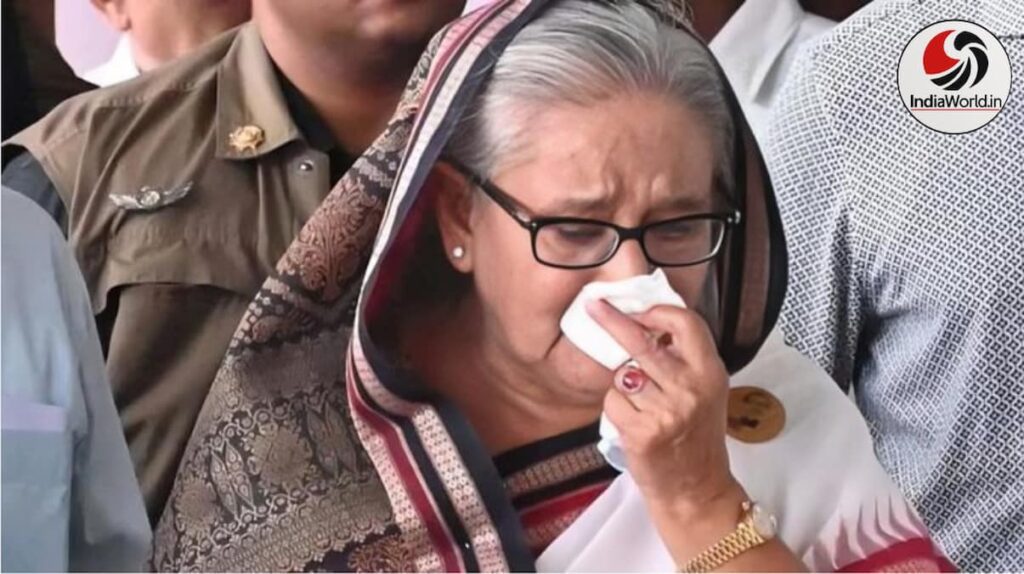
Sheikh Hasina Exile: From Dhaka Throne to Delhi Shadows
Hasina’s story is pure tragedy meets triumph – until it wasn’t. Born in 1947, daughter of Bangladesh’s founding father, she survived a 1975 military coup that killed her family. She rose from the ashes, leading Awami League to victory in 2009. Her era? Roads, ports, garments factories sprouted. Poverty halved. But shadows loomed: Opposition jailed, media muzzled, elections “managed.” Human Rights Watch called it a slide to one-party rule.
Then, August 5, 2024: Protests turn deadly. Hasina flees by helicopter to India. Why India? Ties run deep. She cracked down on insurgents, hosted Rohingya refugees (over 1 million), and boosted trade to $16 billion. Her son says she’s in a “secret safe house in Delhi,” grateful for the haven. Hasina even emailed thanks: “Deeply grateful to the Indian people for providing me a safe haven this past year.”
But safety breeds suspicion. Bangladesh accuses her of plotting comebacks from afar – social media posts, alleged hit lists. In July 2025, she got six months for contempt after ignoring a court summon. Now, this death sentence. She can’t appeal without surrendering within 30 days. Will she? Unlikely. Her visa? Extended “technically,” says Delhi, but no asylum yet. UK whispers surface as a possible next stop, but Brexit blues complicate that.
Adding depth, Hasina’s legacy splits opinions. Fans hail her as “Amma” (Mother), crediting poverty drops from 40% to 20%. Detractors? They point to 600+ “disappearances” under her watch, per Amnesty International. The 2024 uprising? Sparked by quotas favoring freedom fighters’ kin – a nod to 1971 war heroes, but seen as nepotism. Protesters, mostly Gen Z, chanted “Raqibul has fallen” (a quota martyr). It wasn’t just jobs; it was a cry against suffocation.
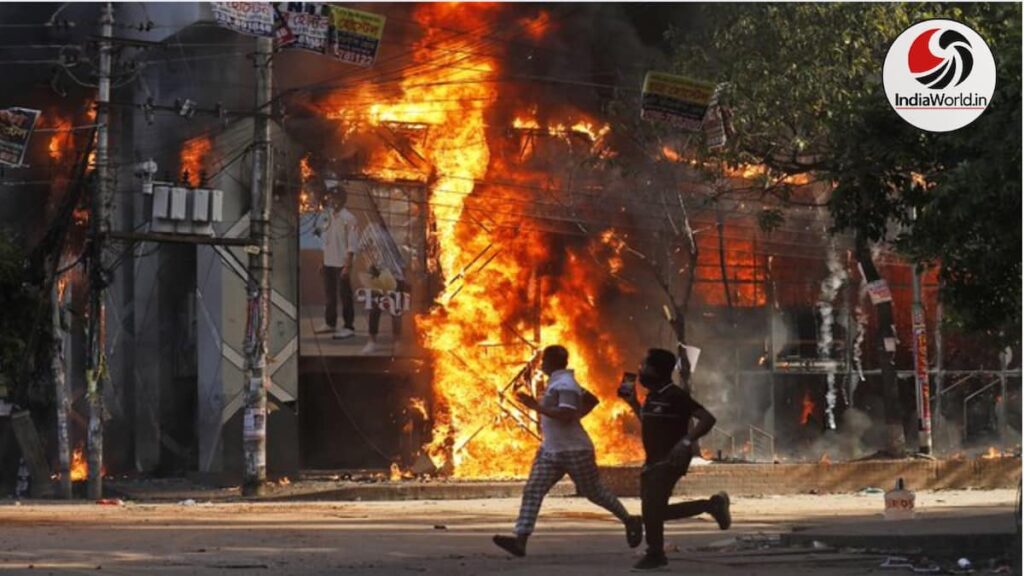
The Extradition Bombshell: Treaty Tensions Ignite
Hours after the gavel fell, Bangladesh’s Foreign Ministry fired off a letter to New Delhi. “Hand her over – now,” it demands. Citing the 2013 India-Bangladesh Extradition Treaty, they call it an “obligatory responsibility.” Article 2 lists crimes against humanity as extraditable. No death penalty bar for Bangladesh, unlike some pacts. “Providing refuge would be a highly unfriendly act and disregard for justice,” the note warns.
Dhaka’s not bluffing. They’ve requested extradition before – December 2024, post-uprising. Law Adviser Asif Nazrul vows another formal push: “If India shelters this mass murderer, it’s an act of hostility.” BNP and Jamaat-e-Islami pile on, urging Delhi to ditch the “fugitive.” Even Yunus’s press secretary chimes in: “Act with conscience.”
But here’s the rub: The treaty has escape clauses. Article 6? No extradition for “political offenses.” India could argue Hasina’s trial reeks of vendetta – absentia, unelected judges, pre-election timing. Article 8 adds: Refuse if “not in good faith” or against justice. Experts like Pinak Ranjan Chakravarty, ex-Indian High Commissioner to Dhaka, say: “India won’t budge. Relations are fragile; this smells political.”
India’s response? Measured, as always. The MEA statement: “India has noted the verdict… remains committed to the best interests of Bangladeshis, including peace, democracy, inclusion, and stability. We will engage constructively with all stakeholders.” No mention of extradition. No yes, no no. It’s Delhi’s classic sidestep – supportive, but sovereign.
Zooming out, this isn’t isolated. India-Bangladesh ties, once cozy under Hasina, cooled post-uprising. Border killings persist (50 Bangladeshis shot yearly, per Dhaka). Trade dips. Yunus’s government eyes China for loans, irking Delhi. Hasina’s handover? It could thaw ice – signal India’s backing for “justice.” Or freeze it solid, boosting anti-India sentiment. BNP’s Khaleda Zia, Hasina’s rival, slams Delhi for sheltering a “fugitive.” Awami loyalists in India protest, fearing a domino effect.
India’s Crossroads: Handover Hasina or Hold the Line?
So, what’s next for New Delhi? Prime Minister Narendra Modi’s government weighs heavy. Hand her over? It honors the treaty, mends fences with Yunus, and nods to global human rights norms. The UN’s OHCHR praised the “important moment for victims” but decried the death penalty and absentia trial flaws. Extraditing shows India prioritizes stability over personal ties – Hasina’s no Modi favorite, but a useful buffer against Islamists.
Yet, refuse? It fits India’s asylum history. Remember Tahawwur Rana in the 2008 Mumbai case? Or the Dalai Lama since 1959? Delhi often cites “humanitarian grounds.” Hasina’s case screams politics: Yunus’s interim setup, Awami ban, election shadows. Extradite, and you risk validating a “kangaroo court,” per Hasina. Plus, blowback from her supporters – 30% of Bangladeshis, per polls, still back Awami. Violence could spike, hurting India’s border security.
Analysts predict a stall. “Engage constructively” buys time. Backchannel talks? Likely. Foreign Secretary Vikram Misri might visit Dhaka. Or, offer Hasina house arrest in India, trial via video? Unlikely. UK asylum push could ease pressure. But if Dhaka escalates – freezes Teesta water talks, cozies to Beijing – India feels the pinch.
Broader ripples? South Asia watches. Pakistan smirks, China eyes ports like Payra. The US urges “fair trials,” EU mulls aid cuts if instability festers. For Bangladeshis, it’s personal: 1,400 graves demand closure. For India, it’s strategic: A stable neighbor trumps a vengeful one.
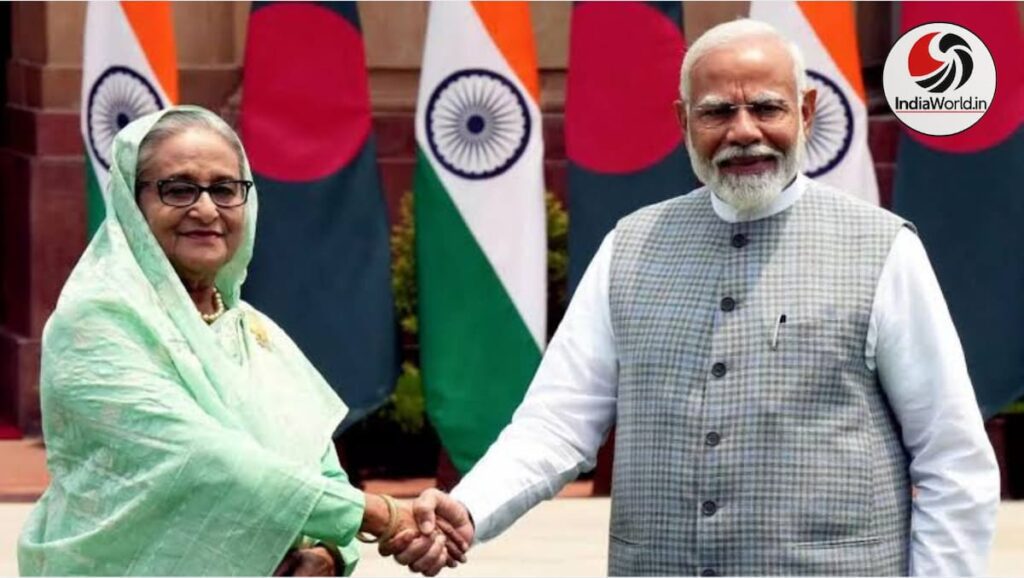
Echoes of 1971: Legacy, Justice, and South Asia’s Fragile Peace
Flashback to 1971: Hasina’s father leads the liberation war. India intervenes, births Bangladesh. Gratitude flowed – until now. Hasina’s fall echoes that era’s blood: Independence cost 3 million lives. Today’s verdict? A mirror, prosecutors say, modeled on Nuremberg. But Hasina retorts: “They scapegoat to nullify Awami League.”
Public pulse? Dhaka’s streets mix joy and jitters. Pro-Hasina rallies in Gopalganj turn tense; police issue “shoot-on-sight” orders. Yunus calls for calm: “Justice, not vengeance.” Economy watchers fret: FDI down 20% since uprising. Garments, 80% of exports, wobble.
Hasina’s inner circle? Scattered. Allies arrested, assets frozen. Her daughter in the US decries “extremist intent.” Global voices: Amnesty lauds accountability but flags due process gaps. The Guardian notes: “From dominance to death sentence – a half-century arc.”
As February elections near, Yunus must balance retribution and reform. Voter turnout? Key. If Awami boycotts, legitimacy crumbles. For India, the play: Quiet diplomacy. No grand gestures. But inaction? It fuels Dhaka’s “big brother” gripes.
Wrapping the Drama: Justice Served, or Just Delayed?
This saga – from quota quotas to gallows – grips South Asia. Hasina’s death sentence marks a reckoning for 2024’s horrors. Bangladesh pushes hard for extradition, treaty in hand. India? It notes, commits, engages. But handover? Odds low. Delhi’s calculus: Protect the ally who tamed radicals, even if flawed.
Yet, history whispers caution. Unresolved grievances brew storms. Will Yunus’s justice heal wounds, or widen them? Can India nudge toward fair polls? Stay tuned – February 2026 could crown a new era, or ignite old fires. One thing’s clear: In this neighborhood, refuge is refuge, but reciprocity rules.
What do you think – should India extradite? Drop your take below. And for more on this border ballet, keep reading.
📢 Follow us on Arattai & Telegram
👉 Arattai Group: aratt.ai/@indiaworld_in
👉 Telegram Channel: t.me/indiaworld_in
📰 Visit IndiaWorld.in for:
Why Hasina removed ? Why did Sheikh Hasina come to India ? please read FAQs with below link







